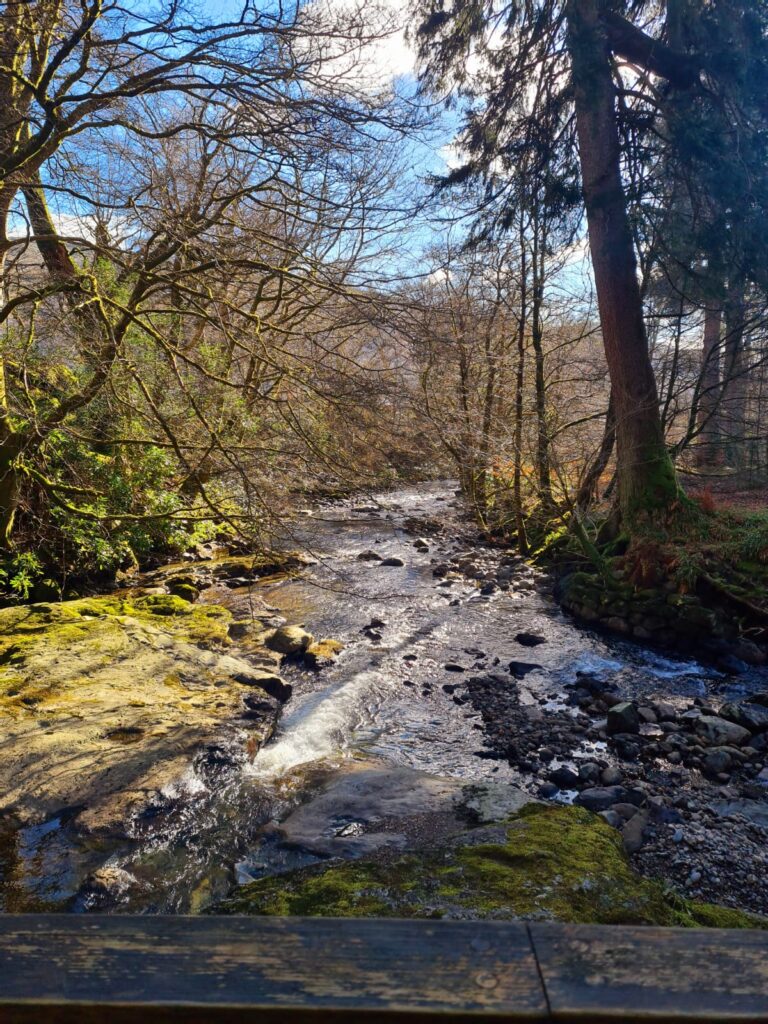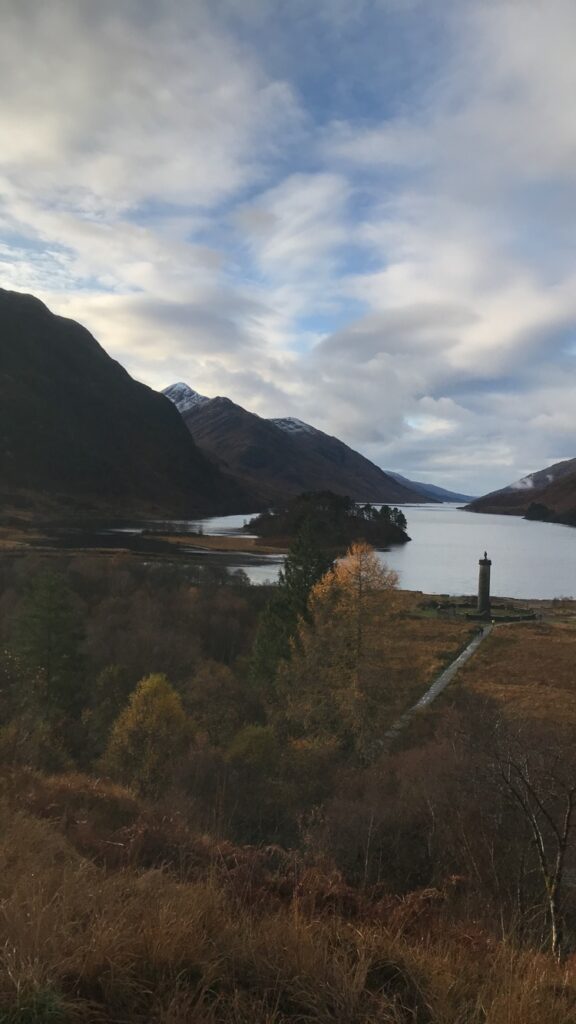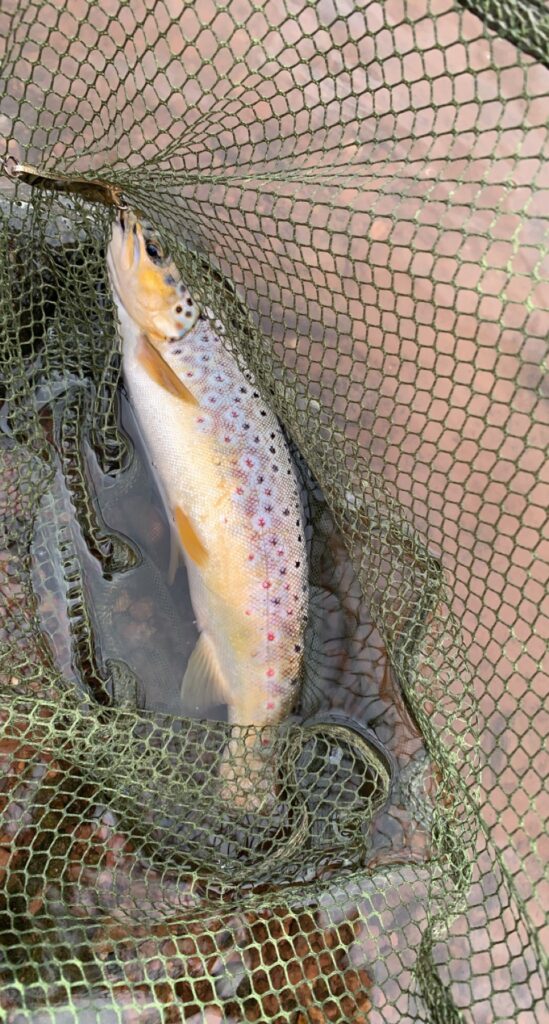Wild camping in Scotland – my absolute favourite pastime. A chance to get away from it all, surrounded by stunning scenery, in the middle of nowhere. What’s not to love? Well, unfortunately, there is quite a bit not to love just now, I’m afraid.
SCOTLAND
Scotland is unique amongst the rest of the UK, in that you can pretty much go on to most Scottish land and enjoy the outdoors – as long as you behave responsibly. This is a benefit that technically isn’t shared with our English and Welsh neighbours. In Scotland, you can pitch a tent for the night pretty much anywhere, within reason. Down south, however, wild camping without the permission of the landowner (which is often easier said than done) is not allowed. There are a couple of exceptions to this rule (wild camping in Dartmoor being one of them), but by and large, wild camping in England and Wales is illegal.
This is down to what’s known as the Scottish Outdoor Access Code; also known as Scottish Access Rights. As mentioned previously, these rights apply to the vast majority of the outdoors, including; forests and woods; beaches and the coast; mountains; hills and moors; rivers and lochs and some farmlands. The “within reason” exemptions would include houses and gardens, places of business, schools etc. Farmland that is enclosed by fencing and is inhabited by grazing animals, should also be avoided.
The SOAC’s website (www.outdooraccess-scotland.scot) states that the code is based on 3 key principles:
- Respect the interests of others
- Care for the environment
- Take responsibility for your own actions
This leads me on nicely (or not so nicely, as the case may be) to an element of camping that’s always been there, but has sadly grown exponentially worse since the arrival of the pandemic – “dirty campers.”

“DIRTY CAMPERS”
So-called “dirty campers” are an element of wild campers who get their name by completely disregarding, as well as disrespecting, the SOAC. Usually arriving at beauty spots located within easy access of a road, these campers exit their cars, normally in large groups, and pitch up by the roadside.
Dirty campers then set out to disobey the 3 key principles of the SOAC in various ways, such as the following examples;
- Parking in passing points on single track roads / blocking off road access
- Chopping branches from live trees for fire wood
- Cutting down fencing for fire wood
- Lighting fires irresponsibly (lighting large fires, not containing them, leaving scorch marks on grass, risking wildfires spreading during dry periods, etc)
- Littering, including broken glass
- Anti-social behaviour
And perhaps the worst, and certainly most disgusting of all, defecating irresponsibly = including urinating in waterways (often waters such as reservoirs, designated to provide drinking water further down the line) and not disposing of human faeces correctly (not buried, near water, near pathways etc), along with dirty tissues and wet-wipes.
These are just a few examples of dirty camping and it’s not uncommon for whole campsites to be left as they are, after the culprits leave – tents, chairs, as well as food and drink litter, left as a reminder of what went on the night before.
THE PANDEMIC
As I mentioned earlier on, there have always been a minority of wild campers who behave in this manner, however the issue has been a lot worse, and also highlighted a lot more, in the wake of COVID 19.
The boredom of lockdowns, the restriction of travel, both domestically and internationally, has certainly played a part. People who may otherwise have never shown any interest in pitching a tent, desperate to get out the house and socialise with friends, now deciding that they’re gonna head out into the sticks for a spot of camping and lots of fresh air. All very understandable.
Indeed, I love nothing more than getting away from it all myself, packing a bag and trekking into the middle of nowhere.
However it’s imperative that we all behave responsibly, to allow us all to continue reaping the benefits that the SOAC affords us.
So what other reasons are there for this behaviour? As I alluded to, this was also happening before the onset of the global pandemic.
WHY IS THIS HAPPENING?
One reason may be the availability of camping equipment.
Although, I believe, that it’s a positive thing that camping gear can be bought cheap and easily from a supermarket (my first ever tent and sleeping bag were bought for relative pennies from Asda), it does make it easy for the moronic minority to decide to make their camping purchases “single-use” and leave it all at their backsides.
Again, I’m firmly of the belief that it’s a good thing that equipment is readily available, as well as economical, as it encourages folk to get into wild camping. However I’m merely stating that this certainly plays a part in helping dirty campers do what they do.
Age and experience may also play a part.
It must be said, the majority of wild campers who behave in this manner, although by no means all, do tend to be younger – in my experiences, it’s mostly been teenagers and twenty-somethings whom I’ve witnessed behaving this way.
Why, though? A lack of education, knowledge, life experiences? Or just sheer ignorance? We’ll touch more on that later.

THE CONSEQUENCES – PERMIT SYSTEMS
I know I may be coming across as a grumpy old man in this blog (I may be a tad grumpy at times, but I’m still a relative pup at 35 years of age), but I care passionately about the Scottish outdoors and our rights to roam our countryside.
And I’d hate to lose those rights forever.
We’ve already seen the Loch Lomond and the Trossachs National Park implement a permit system for wild camping and it seems like it’s almost every week in the summer months, that a newspaper article highlights a shameful incident in a local beauty spot. This one, at the Pentland Hills, really angered me – https://www.edinburghnews.scotsman.com/news/environment/campers-leave-mess-inside-tent-with-note-to-get-rid-of-rubbish-3290419
Indeed, even MSPs have debated in Holyrood the laws on wild camping and called for stricter measures to be put into place.
THE CONSEQUENCES – LANDOWNERS
On top of this, local landowners have resorted to drastic measures. When I was old enough to start venturing further afield for a camping expedition, one of the first places I headed to was Loch Rannoch, in the late 2000s.
Granted, this wasn’t exactly wild camping, as I was with a couple of mates and we set up camp pretty much by the roadside (much like some of those I criticised earlier on, in fact. But don’t worry, I’ve always been responsible and never left any trace, only footprints). However, back then, you could have picked a spot pretty much anywhere you fancied around Loch Rannoch, north shore or south shore, on a body of water measuring 10 miles in length. Yes, there may have been a handful of other campsites dotted around the loch, but it was by no means busy.
Fast forward 10+ years and it’s a completely different scenario now. On my last visit 2 years ago, it looked more like T in the Park, than a wild camping location. Granted, it was a summer’s day, but the level of footfall and number of tents was unlike anything I’d ever seen before, it was mind-blowing.
Further to this, it soon became apparent why there were so many tents, so close together – local landowners had obviously had enough of people decimating their lands and had taken it upon themselves to block off access to their grounds, by means of erecting fences and placing large boulders in previously popular camping spots.
And understandably so, it has to be said.
This is the last thing any wild camper wants, to have stunning parts of the country shut off to them. I really don’t want to come across as bitter, but it really saddens me to see what’s happening up and down the country.

WHAT NEXT?
So, where do we go from here?
For me, education is key. I started off like everyone else…no idea what I was doing, to be honest! But with experience, comes knowledge.
Learn from your mistakes. What didn’t I enjoy about that last trip? What can I do to rectify that next time?
In between trips, research. Study potential destinations. Read up on the SOAC. Read up on good camping practice and etiquette.
Still unsure? Ask someone. Either someone you know, who has camping experience, or online. There is an excellent Facebook group called “Wild Camping In Scotland.” Join the group and look through all the posts, don’t be afraid to ask questions.
Other than do your own research, what else can we do? Perhaps have something added into the school curriculum regarding the outdoors and responsible behaviour?
I know the onus shouldn’t be on landowners and park rangers etc, but would signage and advice posted at beauty spots help?
ADVICE
Now, I’m not claiming to be Ray Mears or Bear Grylls, but I do have around 15 years experience of wild camping behind me. I’m still learning with every trip I make.
But if I was asked to offer any tips or advice, based on my own experiences, I’d say the following;
- Pack as lightly as possible
- Take back out, what you take in
- Bring plenty of bin bags for litter
- Pack a small trowel for when nature calls and dig yourself a hole to hover over – we all gotta go at some point, and this is how the SOAC recommends we go about our “business”
- Research where you’re going
- Always tell someone where you’re going and when you expect to be home
- Contact the landowner of where you’re intending to camp – I know you don’t have to in Scotland, but in my experience, a wee phone call goes a long way and is greatly appreciated
- Always pack enough spare / dry clothes
- If you must light a fire, light it on shale next to water, not on grass or in woodland
- Most importantly, leave no trace – leave only your footprints behind.

FINAL THOUGHTS
The aim of this blog is not to demonize anyone, but to simply raise awareness and with any luck, educate someone. We’ve all got to start somewhere and nobody is perfect. As I said, I learn something new with every trip.
We might never be able to completely eliminate dirty campers, but if we don’t act collectively and at least try to help reduce this issue, then we might end up with a country-wide permit system, or even worse, our “right to roam” access revoked.
We’re all in this together.
Stay safe and happy camping!!




Well written Brendon,100% agree with your comments let’s hope your messages get through to the minority of people who Dirty Camp👍
Hi Garry,
Thanks very much for the comments. Indeed, fingers crossed the message starts to get through to those who need it!
Thanks again,
Brendan